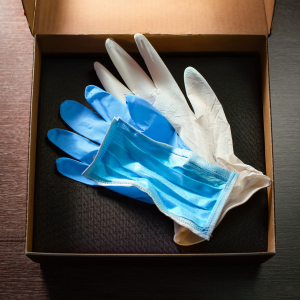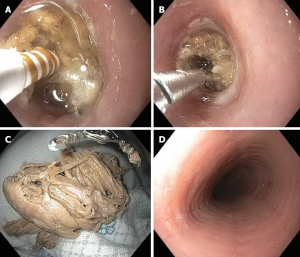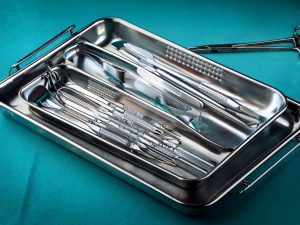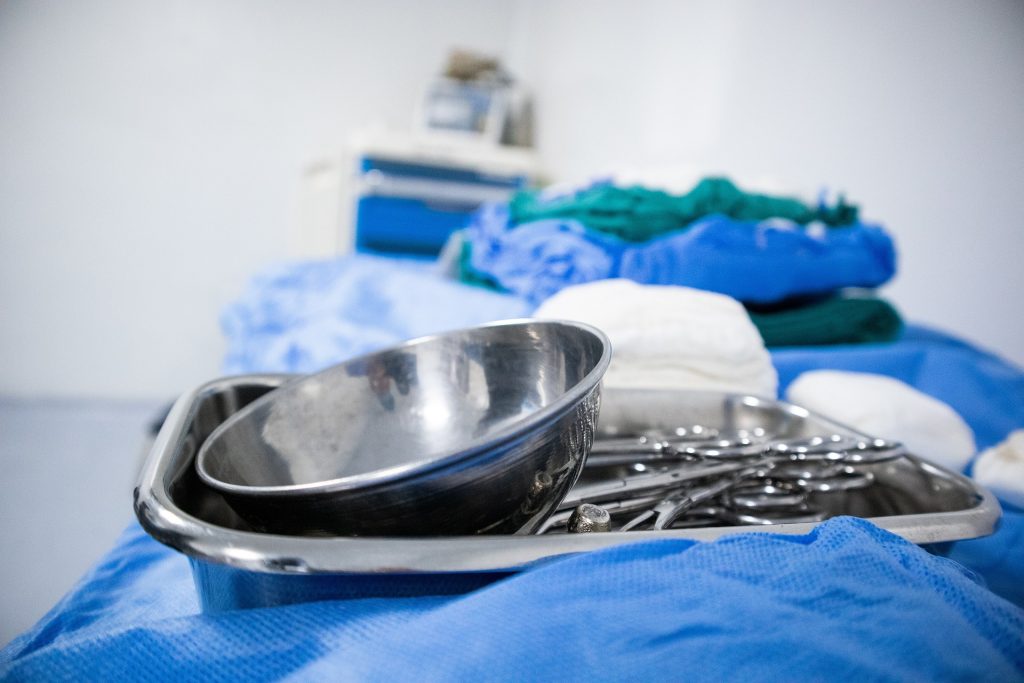Unusual surgical call-outs are a given for surgeons who have an on-call responsibility and it is “what it is to be a surgeon”.
⸻
The Things People Bring in Boxes
Every surgeon collects stories, but some you could never make up. After years on call, you learn that the human body is both ingenious and reckless — a combination that ensures a steady flow of midnight emergencies.
⸻
The Shoebox Club
The first arrived after midnight — a man who’d brought his penis in a shoebox.
Later there were fingers, also neatly packed. Both wanted to know the same thing:
“Can you put it back on, Doc?”
You keep your face professional, but inside you’re wondering how long it’s been since collection.

⸻
The Swallowers
Then there were those who preferred to internalise their problems.
I’ve retrieved razor blades, false teeth, thermometers — and memorably, batteries,coins and objects in children’s nose and ears.
Some patients seemed determined to explore the entire hardware aisle of Bunnings via their oesophagus.
More common were food impactions: usually a bolus of poorly-chewed steak jammed at the lower end of the oesophagus. There’s always that moment of disbelief when a fit-looking diner suddenly can’t even swallow water. You slip in the scope, and there it is — dinner, waiting to be dislodged. yes, but these are probably not so Unusual surgical call-outs . Can be common enough.
And then there’s the humble fish bone: tiny, sharp, invisible on X-ray, yet capable of tormenting its victim for days.
Half an hour under the scope, and you’re delicately fishing (pun intended) in darkness while the patient swears it was “just a small bite.”

⸻
The Lost and the Found
The following are definitely unusual surgical call-outs .
If not up, then down.
Objects “lost” in the rectum come in infinite variety.
Over the years I’ve retrieved:
•An oil container
•A broom handle
•A rigid plastic cylinder
•A Lynx deodorant canister (which ruptured mid-operation, filling the theatre with spray and laughter)
•A pencil, which at least showed initiative if not insight, and, well, you guessed it, a vi,…or.
Behind each story was a mixture of curiosity, misadventure, and sometimes loneliness. Surgeons don’t judge; we retrieve, repair, and move on — but we do remember.

⸻
Between Absurdity and Empathy
These call-outs were rarely glamorous, occasionally comic, and often tragic — the raw edge of human behaviour where embarrassment meets biology.
I learned that the difference between comedy and catastrophe is often just anatomy and luck.
Medicine teaches you to detach enough to function, but not so far that you stop caring.
Every “foreign body” case, however bizarre, carried the same message: people do strange things when they’re desperate, bored, or simply human.
⸻
Afterthought
Looking back, the cases that made us laugh hardest often taught the most.
They reminded me that surgery isn’t just about cutting and stitching — it’s about bearing witness to the unfiltered human condition.
And sometimes, that comes wrapped in a shoebox.
⸻
Apart from reflecting, we have to move on, and I have published about this part of post-surgical life.
Stress is very much aa part of surgeons lives but support is available

